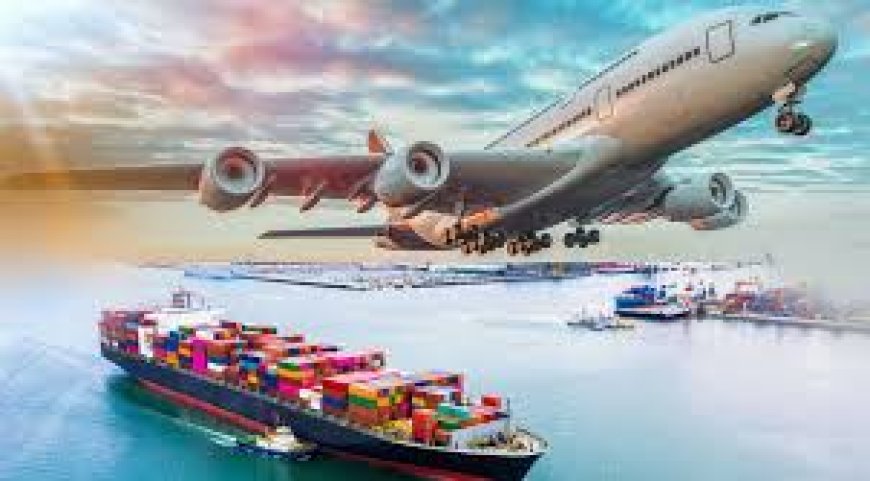Simplifying International Commerce: The Significance of Customs Clearance Services
Businesses depend on custom clearance specialists to handle the complexity of international trade with ease since they are familiar with the nuances of tariffs, customs laws, and compliance requirements.
Custom clearance services play a pivotal role in enabling the seamless movement of products across borders within the ever-changing global trade landscape. Businesses rely on custom clearance specialists to maneuver through the complexity of international trade with ease, given the nuances of customs procedures, tariffs, and compliance requirements.
Customs authorities have established regulatory frameworks that must be followed in order to ensure that items are imported and exported lawfully. These frameworks are covered by the many activities that make up customs clearance services. These services, which range from paperwork preparation to duty computation and cargo inspection, are essential for accelerating the flow of products while guaranteeing adherence to relevant rules and laws.
Simplifying the process of efficiently clearing products through customs checkpoints is one of the main purposes of custom clearance services. In order to have your paperwork inspected and approved by customs officials, you must carefully prepare and submit the necessary paperwork, such as packing lists, commercial invoices, and certificates of origin. Custom clearance experts speed up the clearance procedure, reducing delays and averting expensive fines for non-compliance by making sure that all required documentation is in order and compatible with regulatory requirements.
Additionally, custom clearance services offer firms invaluable knowledge and direction as they navigate the complexity of international trade laws. With customs laws and tariff structures often changing, it's critical to stay up to date on regulatory changes to prevent supply chain interruptions and reduce the consequences of noncompliance. In order to ensure that shipments comply with all legal requirements and minimize duty and tax costs for businesses, custom clearance professionals use their knowledge and experience to efficiently interpret and apply pertinent legislation.
Customs clearance services are also essential for trade talks and for settling disagreements between exporters, importers, and customs officials. When disagreements or conflicts occur about tariff classifications, methods of valuation, or determinations of origin, customs clearance specialists serve as middlemen, defending the rights of their clients and attempting to reach cooperative solutions for problems that could delay the clearance procedure.
The value-added advantages of custom clearance services include supply chain visibility and risk management in addition to regulatory compliance and dispute resolution. Custom clearance companies trace the flow of goods in real time by utilizing cutting-edge technologies and data analytics. This gives businesses useful information about the status of their shipments as well as possible hazards or delays in the supply chain. Enterprises can reduce risks, maximize inventory control, and improve overall supply chain effectiveness by adopting this proactive strategy.
But even with the crucial help customs clearing services provide for international trade, issues like uneven enforcement of laws, bureaucratic inefficiencies, and geopolitical unpredictability still exist. In order to address these issues and promote transparency and integrity in customs operations, governments, customs authorities, and players from the private sector must work together to expedite procedures and harmonize legislative frameworks.
In summary, custom clearance services are essential to the smooth movement of goods across borders and are a reliable ally for companies negotiating the challenges of global trade. Custom clearance specialists contribute to the effectiveness, transparency, and integrity of global supply chains by offering their knowledge in regulatory compliance, dispute resolution, and risk management. This promotes economic growth and prosperity in a world that is becoming more interconnected by the day.













